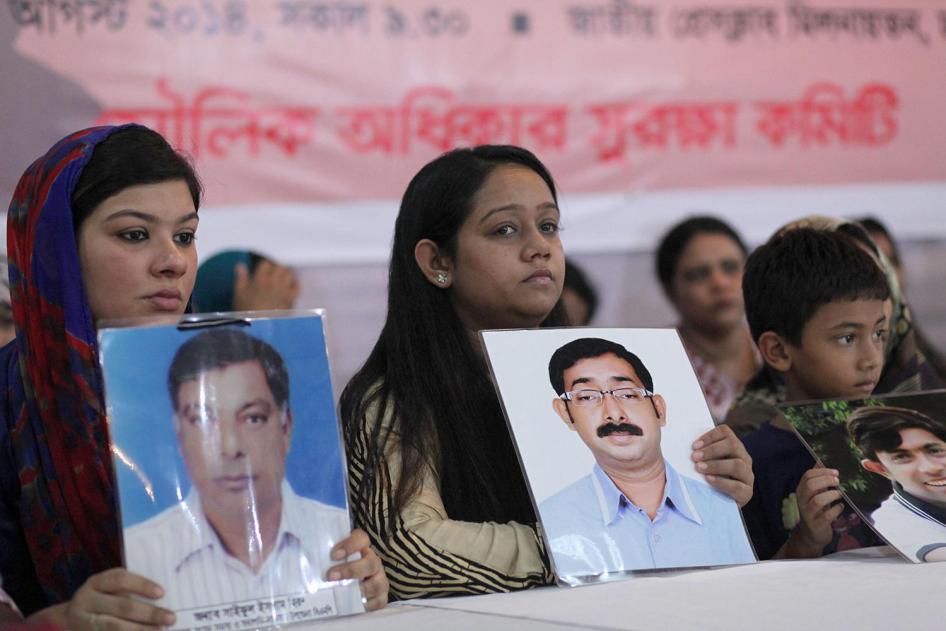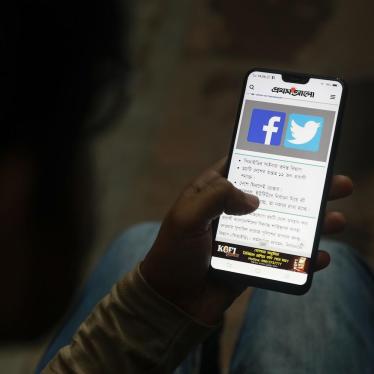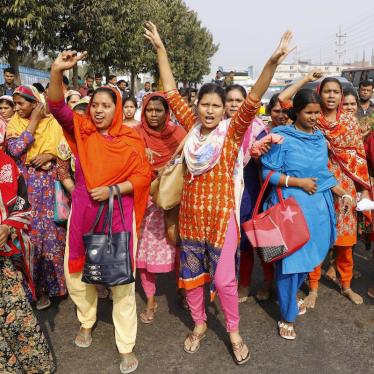Kalpana Chakma, missing since June 12, 1996, is often considered the first of many recent victims of enforced disappearances in Bangladesh.
Twenty-three years ago, Kalpana and her two brothers were blindfolded, cuffed, and taken in the early hours from their home in Rangamati, Bangladesh. Her brothers managed to escape and immediately filed a police report. They said they knew their abductors: an army officer and two members of the local Village Defense Party, an auxiliary law enforcement force.
Kalpana, then 23 years old, was part of an organization advocating for self-determination for the people of the Chittagong Hill Tracts (CHT), an area of eastern Bangladesh populated by indigenous groups who have long been the victims of forced displacement and severe human rights violations.
A government-ordered judicial commission of inquiry investigated Kalpana’s disappearance and submitted a report, but the findings were never made public. Though her brothers filed a police report the day she was abducted, local police didn’t produce their own final report for 14 years. The findings were inconclusive and, in 2016, the Rangamati police asked the court to close the case for lack of evidence. Kalpana's family filed a no-confidence petition with the court but hearings have been repeatedly delayed.
Enforced disappearances of critics and activists is disturbingly common in Bangladesh. According to Odhikar, a prominent Bangladeshi human rights organization, security forces forcibly disappeared 90 people in 2018 alone. An indigenous rights activist who protested continuing abuses in CHT, Michael Chakma, went missing April 9. His family and fellow activists fear he, like Kalpana, has been forcibly disappeared.
Enforced disappearance – the deprivation of liberty by agents of the state and concealment of the fate or whereabouts of the person in custody – is strictly prohibited under international law.
Bangladeshi government authorities have the duty to complete a transparent and fair investigation into the disappearance of Kalpana Chakma, Michael Chakma, and many others that have disappeared since 2013. While some have been released recently after months of secret detention, authorities have failed to investigate and hold to account those responsible.










